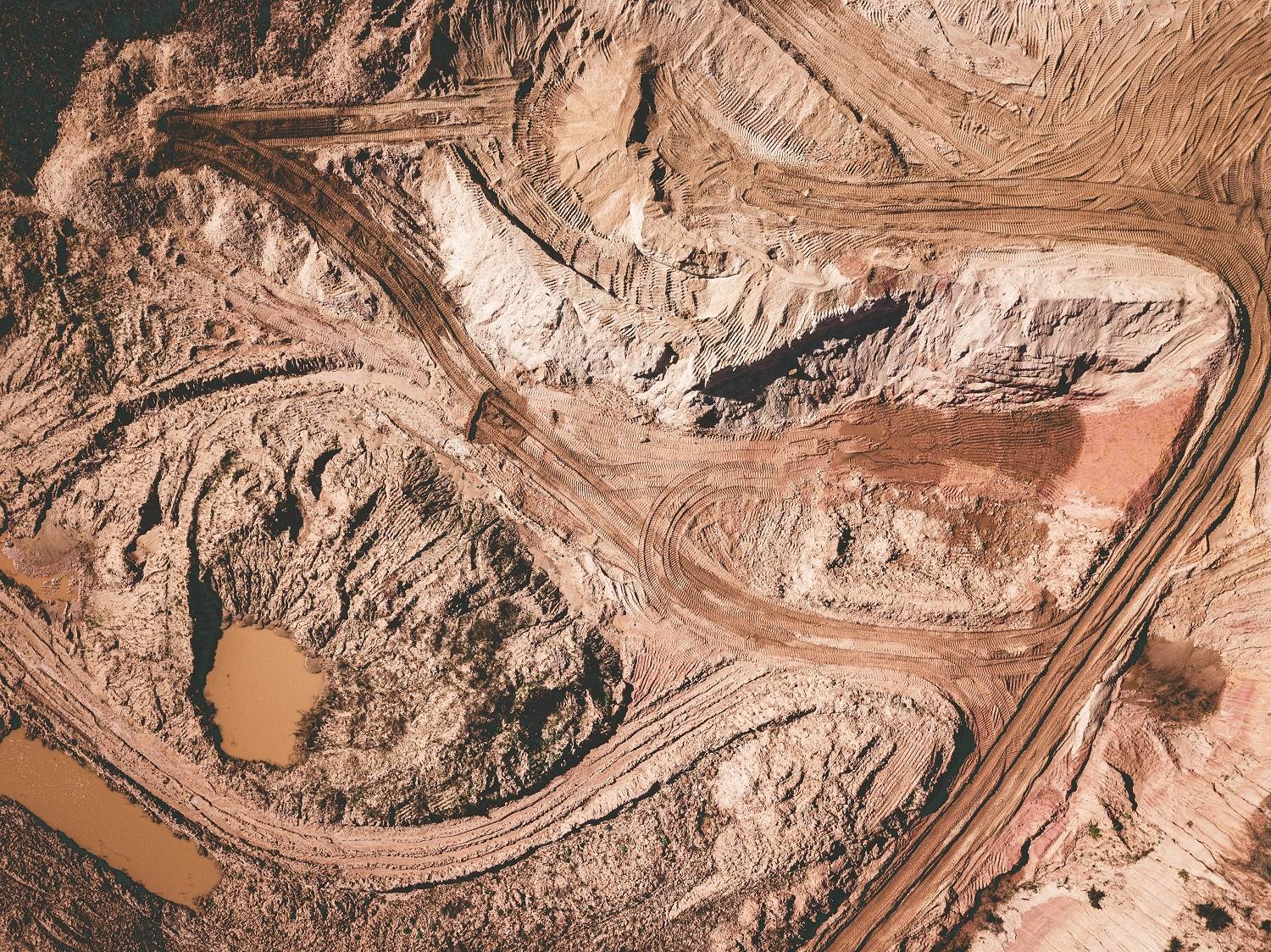Aktualizacja odbyła się 19 stycznia 2023
There is always a disconnect between theory and practice in science. Applied geology, as opposed to, for example, historical geology, focuses 100% on the practical use of the acquired knowledge. It is most often used in engineering sciences and is highly valued by construction experts. Applied geology is divided into five main branches, each of which has important applications in the country’s economy. What exactly is applied geology and how does it help us in our daily lives?
Engineering Geology
Applied geology in the general sense deals with the practical use of geological data. They are of particular importance in engineering geology. It is important from the point of view of spatial planning in communes and other territorial units. In addition, it is significant from the perspective of the construction of buildings. A building surveyor must ask a geologist for an appropriate expert opinion before he prepares the appropriate plan of the building. Engineering geology is divided into many sub-divisions. Soil mechanics are particularly important as they help determine whether the foundation will support the building loads. Then you can avoid frequent subsidence, which is dangerous from the construction point of view. Geotechnics, in turn, tries to combine unusual geological conditions with the possibility of creating unusual projects.
Engineering geology tries to determine the most favorable soil and water conditions for a building. Applied geology began its activity about 100 years ago. Since then, new standards, regulations and laws regarding soil testing have been constantly added. The geologist must memorize the various steps by which he will check the geological properties of the foundation layers. The whole thing ends with the creation of appropriate documentation, which is a guideline for further stages of building construction.
- https://www.gdzie.warszawa.pl/jak-rozpoznac-uzaleznienie-od-alkoholu/
- https://artykuly24.wroclaw.pl/jak-dziala-prawo-spadkowe/
- https://www.czasopismabranzowe.pl/personalizowane-etui-na-smartfona/
Deposit geology
Deposit geology is important from the perspective of applied geology. It is thanks to them that the search for the most important mineral resources for man has developed. Mineral ores, which are important from the point of view of construction materials, are of particular importance here. It is hard to imagine building a building without sand and gravel. Geological studies of the soil are often based on the recognition of sedimentary composition. Deposit geology and engineering geology are then closely related.
The geology of deposits is of great importance from the perspective of mines. Appropriate research allows to estimate the presence of deposits, e.g. hard coal, in a given area. Searching for deposit layers is done by special geologists, called prospectors. Most often, they mark their searches on special deposit maps or geological cross-sections. Their tips may also be important from the point of mine formation. The infrastructure must be designed in such a way that it has access to as many deposits as possible.
Hydrogeology
Hydrogeology is very important from a practical point of view. It deals with the way water flows in particular geological layers. Its excess can significantly hinder the construction of the building. Wet soil can be a source of irregular subsidence. Incorrectly researched area in terms of hydrogeology can even cause the building to slide down the slope. Appropriate recognition of the degree of moisture will help to properly drain the area and increase the safety of building use. Mine drainage is particularly important. Thanks to them, many tragedies from the miner’s perspective can be avoided.
Hydrogeology also studies the chemical and physical properties of water. Thanks to these tests, it is possible to determine whether a given water is suitable for human consumption. Drinking resources are then divided according to utility. Part of the water is only suitable for industry and machine cooling. On the other hand, with a lot of luck, you can find mineral waters, which we can then buy in the store.
Environmental and economic geology
Applied geology faces new challenges every now and then. The geological company is no longer limited to recognizing the soil, but to specifying the development conditions from the environmental perspective. If a given building poses a threat to an animal species or causes pollutants to enter the water, the geologist is forced to include it in the documentation. Environmental geology is just a developing branch of applied geology, but its importance will continue to grow. It will be most relevant during climate change in the future.
Economic geology is also very important from the perspective of ecology. It deals with the management of geological assets, i.e. numerous water and deposit resources. It is based on the principles of sustainable development. It tries to manage resources for several decades ahead in the most reasonable way possible.
All these branches of applied geology are of great importance from the perspective of everyday human life. These are important sectors of construction or energy (coal-based). Certainly, its development over the next few years will contribute to the recognition of more resources and deposits. Applied geology is increasingly appearing at universities. Young students increasingly prefer practice over theory.





